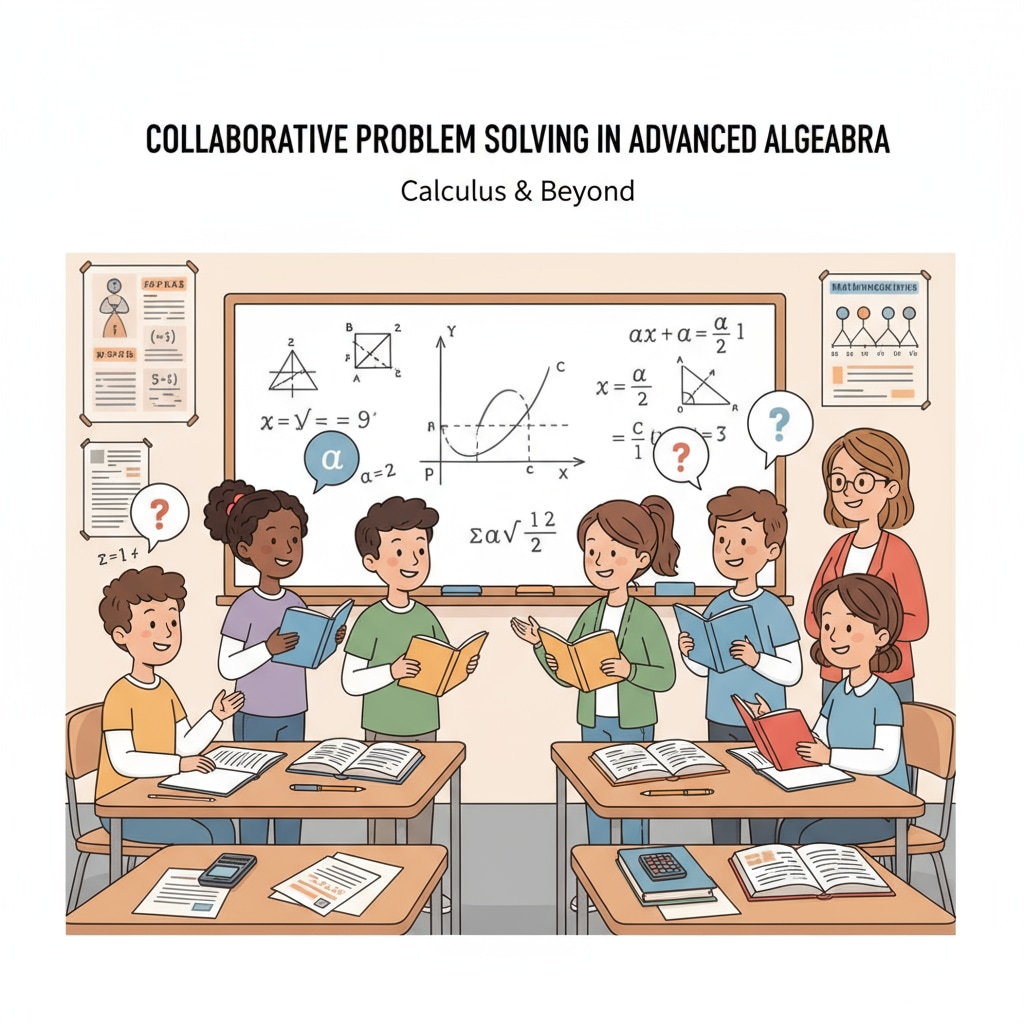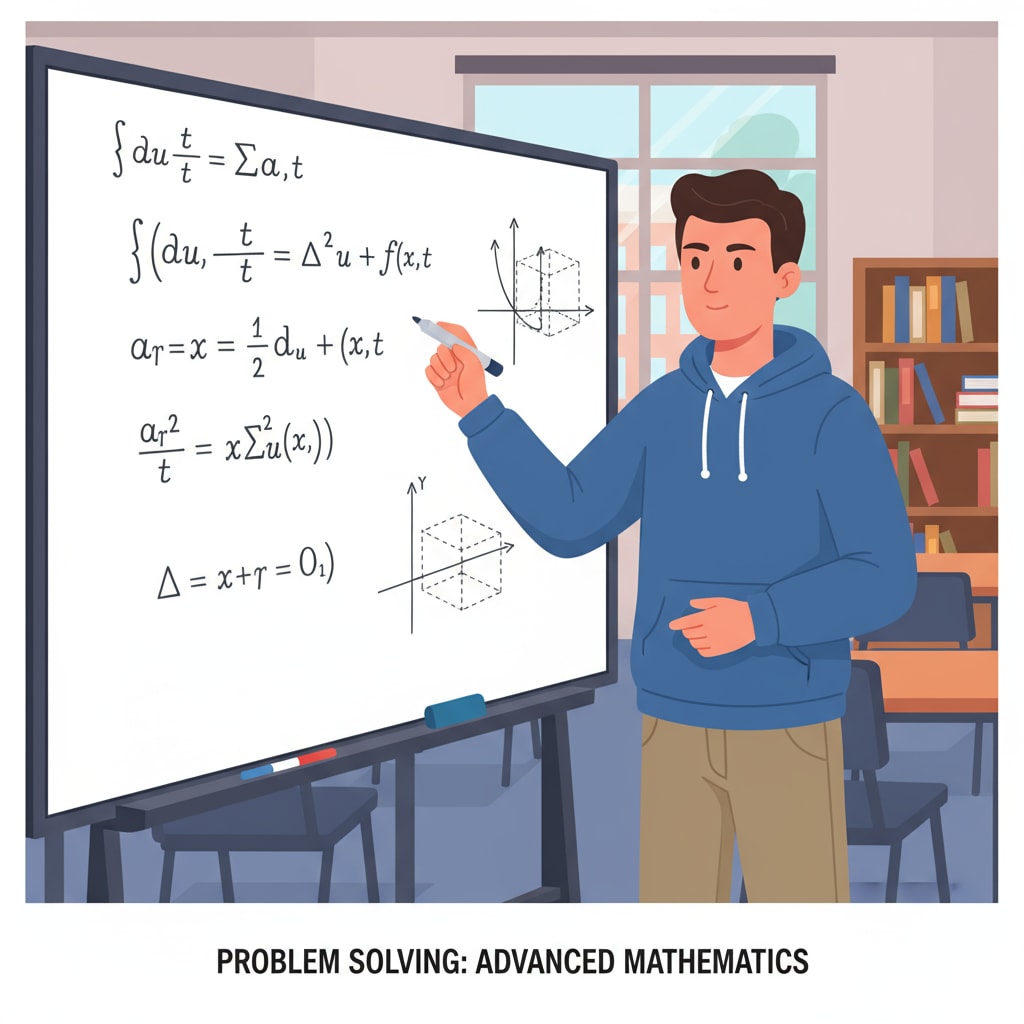In the realm of K12 education, the practical value of advanced mathematics has long been a topic of intense debate. Mathematics education, especially the teaching of advanced math, is often questioned for its real-world applicability. This article delves into this controversy, aiming to shed light on the true worth of advanced mathematics in the educational landscape.

The Controversy Surrounding Advanced Math in K12
Many students and parents wonder about the practical use of advanced mathematics in daily life. For example, how often do we really need to use complex calculus or trigonometric identities outside of an academic setting? Critics argue that in an era where calculators and software can perform complex mathematical operations with ease, the emphasis on advanced math in K12 education may be misplaced. According to Wikipedia’s Mathematics Education page, the changing needs of society have led to a reevaluation of the curriculum.
The Value of Advanced Math in Thinking Cultivation
Despite the practicality concerns, advanced mathematics plays a crucial role in cultivating students’ thinking abilities. Studying advanced math helps develop logical reasoning, problem-solving skills, and critical thinking. When students grapple with complex mathematical problems, they learn to break them down into smaller, manageable steps, analyze the situation, and come up with innovative solutions. This kind of thinking is not only useful in mathematics but also in various other aspects of life, such as decision-making and scientific research. As stated on Britannica’s Education page, education should aim to develop well-rounded individuals with strong thinking capabilities.

In addition to thinking skills, advanced mathematics serves as a fundamental building block for many other disciplines. Fields like physics, engineering, computer science, and economics rely heavily on advanced mathematical concepts. For instance, in physics, calculus is essential for understanding motion, forces, and energy. Without a solid foundation in advanced math, students may struggle to pursue higher education or careers in these fields.
Moreover, the study of advanced mathematics also contributes to educational equity. It provides an opportunity for students from different backgrounds to showcase their intellectual abilities and potential. By mastering advanced math, students can open doors to various academic and career opportunities that might otherwise be closed to them.
Readability guidance: As we have seen, the value of advanced mathematics in K12 education extends beyond its immediate practical applications. While the practicality of advanced math may be questioned, its role in cultivating thinking, providing a disciplinary foundation, and promoting educational equity cannot be overlooked. It is time to reform our mathematics teaching methods to make advanced math more accessible, engaging, and relevant to students’ lives.


